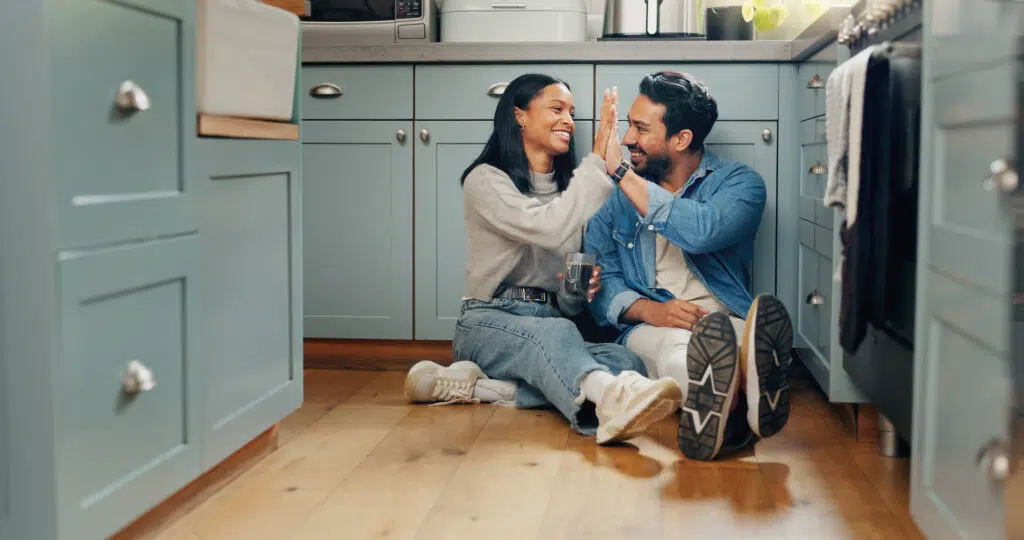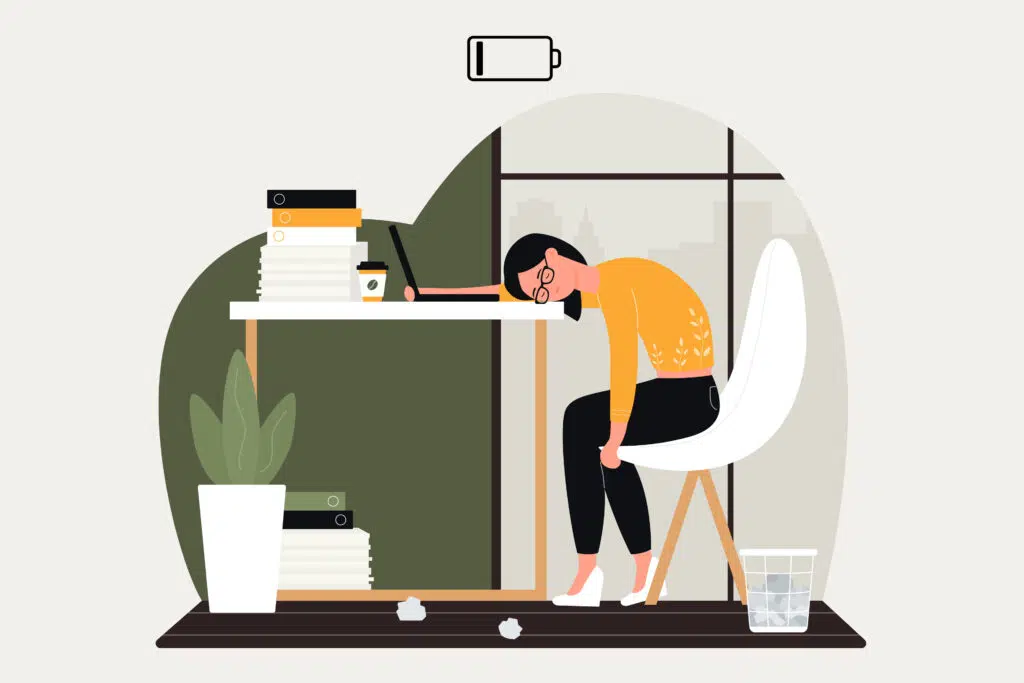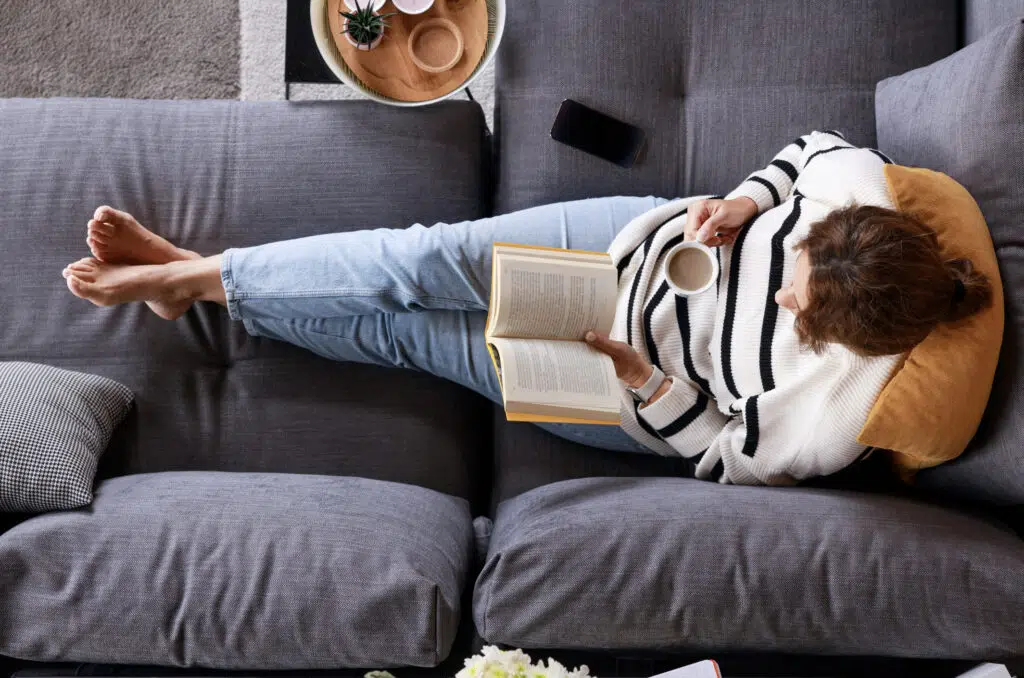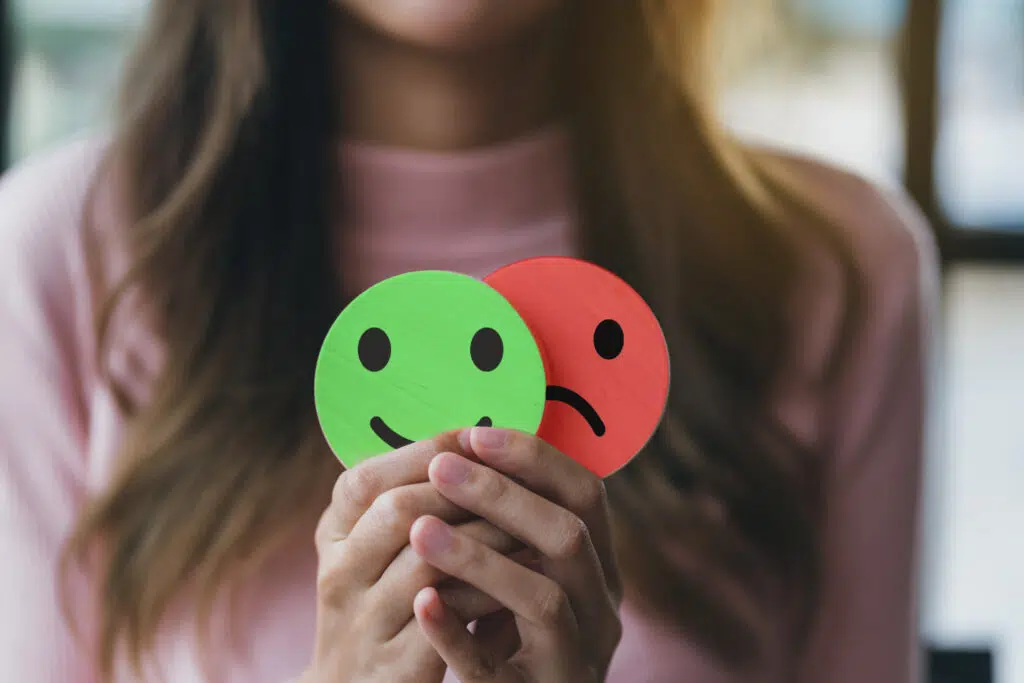Couples Who Communicate Well Can Find Happiness — Couples Counseling Can Get You There

Maintaining a healthy, happy relationship involves good communication, but sometimes couples can struggle to be both heard and understood.
The therapy team at Thriving Mind Psychology is highly skilled in working with couples who want to enhance their partnership and find equal footing when it comes to communication. They offer couples therapy services that focus on individual needs to keep your relationship strong and moving forward.
Why communication goes off the rails
In any relationship, there are two individuals that think and act in different ways. Each may use a communication style or rely on emotional patterns that differ from the other, making consistent communication increasingly difficult.
When couples aren’t on the same page with communication, it can easily lead to:
In some cases, the harder you try to communicate, the more off the rails the situation may go. For couples who are unable to overcome communication hurdles, they may ultimately feel hopeless and unsure if it’s worth the effort to move forward. This is where couples counseling can help.
The basics of couples counseling for boosting communication skills
There’s no shame in asking for help. Couples counseling has been used by people from all walks of life who are looking to not only improve their relationship with one another, but who also want to improve themselves.
The team at Thriving Mind Psychology offer therapy sessions that focus on the needs of both halves of the couple in a safe, judgement-free environment. Through the guidance of your therapist, you can feel comfortable discussing your fears, frustrations, and personal struggles with your partner and open new lines of communication.
Often, couples counseling provides people with a different perspective on their partner’s thoughts, feelings, and actions. They are able to truly hear and understand what the other is saying and can feel heard and understood in the same way.
As every couple has different and unique needs, you can expect your therapist to tailor your sessions to the issues at hand. They can recommend how often you should attend therapy based on your goals as an individual and as a couple.
The Thriving Mind Psychology team also offers individual counseling sessions, so you can address any underlying personal issues that are negatively impacting your relationship.
What to expect during your first couples counseling session
During your initial session, you and your partner will meet with a trained therapist who truly listens to each of your stories. By expressing your concerns and questions with the therapist, they can begin to unravel the communication issues you need to overcome for the benefit of your relationship.
Throughout the course of your counseling sessions, your Thriving Mind Psychology provider will work closely with you to identify underlying factors, such as finances, life changes, cheating, or other stressful issues that can play a role in poor communication. Your therapist will provide guidance to help you both overcome these hurdles in a positive way.
You can expect to spend time talking and listening throughout each session, and you may be asked to follow through with different exercises at home that are designed to improve your communication and strengthen your relationship.
If you’re tired of arguing or feeling unheard, book an appointment online or over the phone with Thriving Mind Psychology today and learn more about the many benefits of couples counseling.

How to Manage Stressful Life Transitions and Events
From getting into college or having a baby to splitting from a spouse or experiencing the death of a loved one, life can surprise you with big wins and tear you down with loss. Life is filled with transitions, some happy, others stressful and difficult.

How Long Does it Take to Recover From Burnout?
If you’ve reached burnout, it describes a state of complete emotional, physical, and mental exhaustion. Between heavy workloads, toxic work environments, economic uncertainty, and a poor work-life balance, burnout is a very real problem that can affect all aspects of your health.

What is Mindfulness Therapy?
Mindfulness therapy involves using mindfulness techniques to increase awareness and learn to manage emotions more effectively. These techniques include paying attention to the present moment without judgment.

What is Dialectical Behavioral Therapy (DBT)?
Dialectical behavioral therapy (DBT) is a type of talk therapy developed to help people struggling with intense and overwhelming emotions and relationship difficulties.




